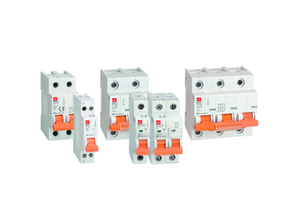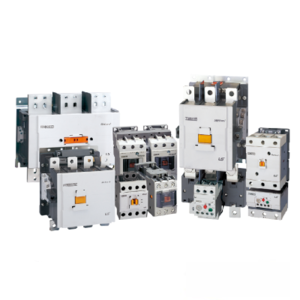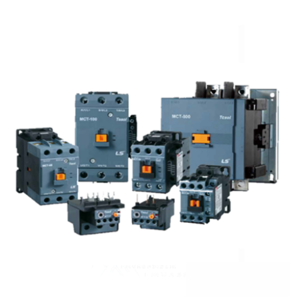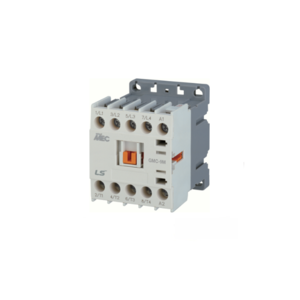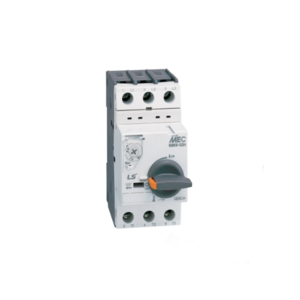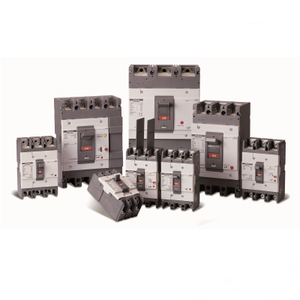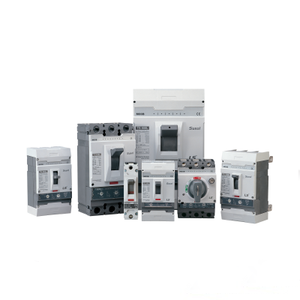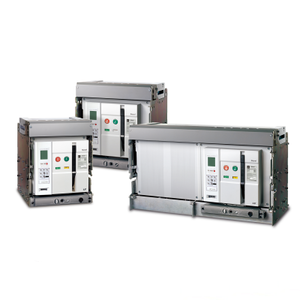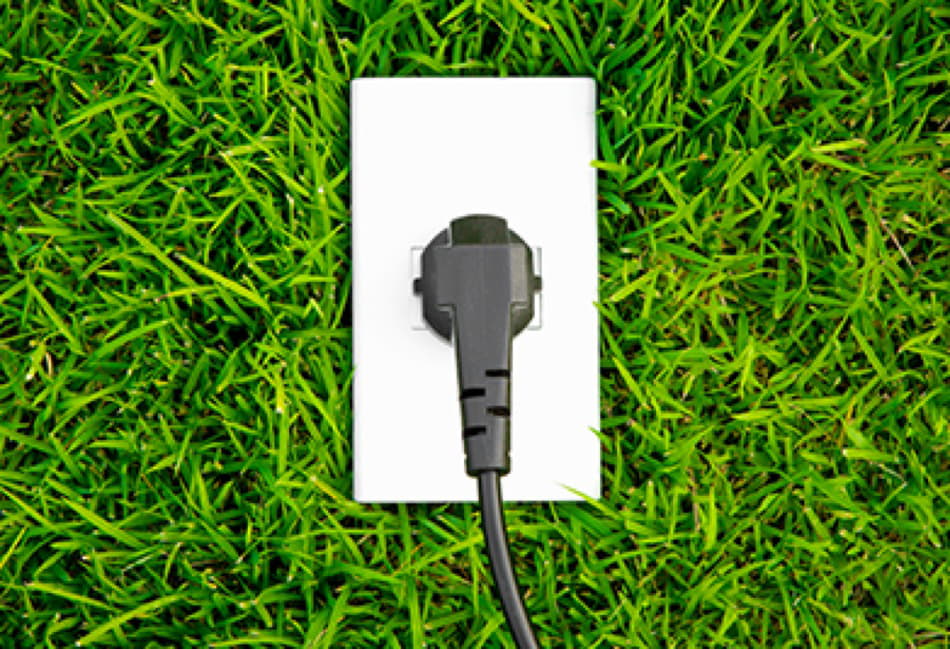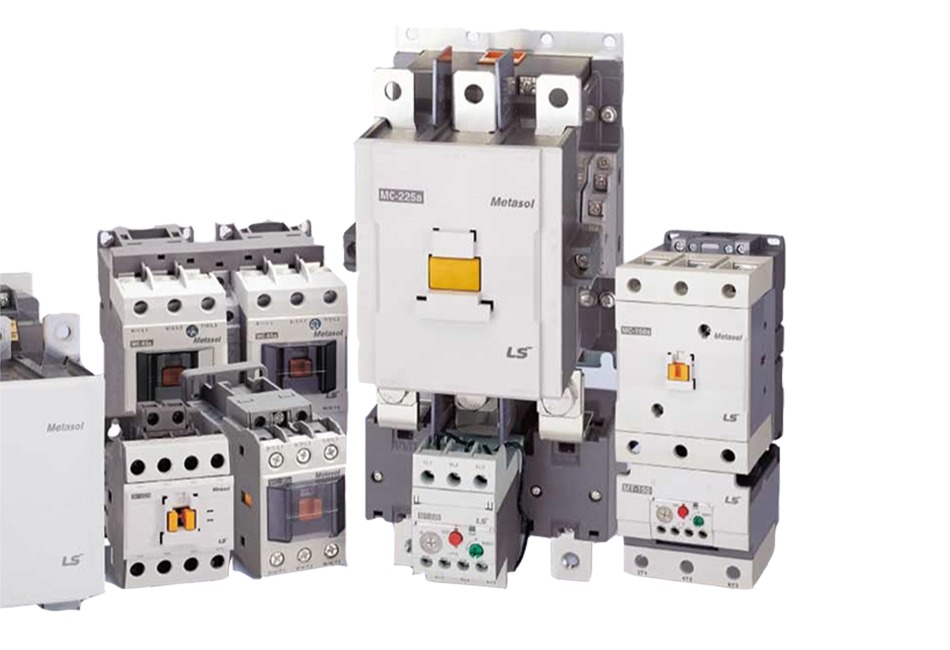What is the Difference Between Grounded - Volton
Electric socket is a detail that should be found in every home, workplace and every environment where electricity is needed. Grounded socket is the name given to the sockets that have grounding terminals other than phase and neutral in sockets. Since the earth terminal is not connected to the mains, the risk of electrical leakage is low. This type of socket is connected to the grounded electrode with a conductor. Therefore, thanks to grounding, in case of leakage or excess electric current in the electrical system, this current is transferred to the ground with the conductors. Grounding is one of the most ideal choices for the prevention of electrical leakages. Socket types are also divided into two as grounded or ungrounded. Grounded sockets transfer the volts from the mains to all devices. Grounded socket types generally consist of phase, neutral and ground. Grounded sockets, on the other hand, have the feature of connecting to all devices with metal in their body. Beyond that, there is a grounding unit called a latch clamp inside the grounded sockets. In this way, leakages are prevented. In this way, it is very important to use grounded sockets, especially in electrical appliances.
